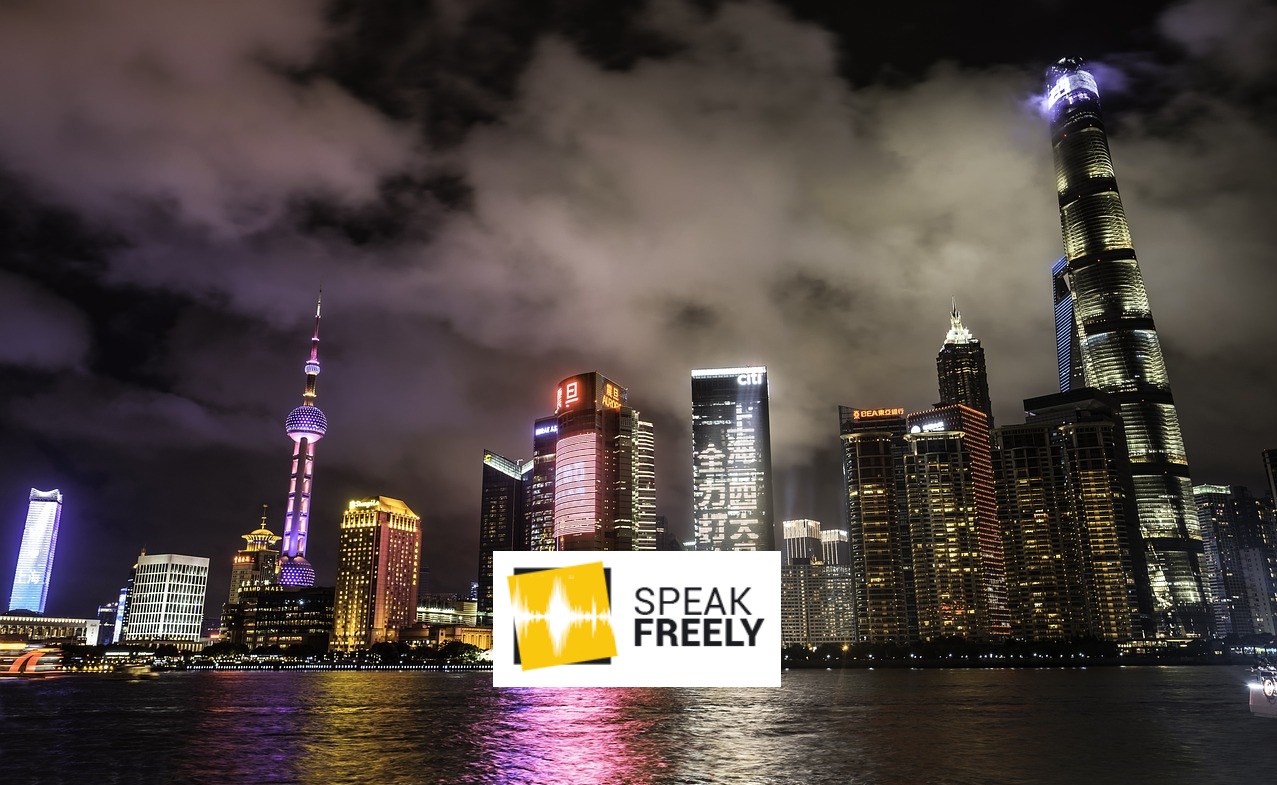In the late 2000s the Chinese Communist Party faced a divide within party discourse on the path of economic development. Within this discourse the term “cake” became used by party members as a metaphor for China’s wealth and prosperity. The “conservatives” argued that despite the great achievements in China’s economic prosperity the issue of rising income inequality needed to be addressed by distributing the “cake” in a fair or equal manner. On the other hand the “liberals” argued that the primary goal should be to have the “cake” baked bigger and that distribution of its slices can wait later.
Ever since Deng Xiaoping took power in China starting in the 1980’s he introduced a series of market and trade reforms that are largely responsible for China’s rise. These reforms included the creation of special economic zones, lowering trade barriers, allowing foreign investment and ultimately ending the Maoist economic system.
According to the World Bank roughly 500 million people have been lifted out of poverty since the beginning of the reforms. Despite the great socioeconomic and technological acceleration in China there has been criticisms of the effects of the reforms. To some critics they simply hold concerns regarding a rise in inequality whereas others have contended that Deng Xiaoping’s reforms have allowed “cheaters” to become rich off of others.
The issue of “cake” did not only result in a war of words or bitter arguments between bureaucrats. It resulted in a competition of sorts between two high level party secretaries that pitted the two possible roads for China to walk on. The first road for China was presented by the more “conservative” Bo Xilai who was party secretary for Chongqing. Bo was renowned within China as one of the faces of the “new left”, in short he tended to favor egalitarianism and had a sweet spot for the supposed charms of Mao era socialism.
Under his reign as party secretary for Chongqing he opened up low cost healthcare, housing and education to migrants from poorer rural areas. He also organized mass singing sessions of Mao era “red songs” and battled against organized crime though his methods which were often seen as authoritarian or unlawful. Bo Xilai strongly propagated that the “cake” needed to be divided evenly because if people do not get their fair share then they wouldn’t want to bake the “cake” in the first place. His policies in Chongqing were stated to assist those who had been left behind China’s economic rise.
Even though Chongqing saw an increase in public works under his administration , he was criticized by other leaders for running up deficits and ultimately relying on excessive funding from the central government. Bo Xilai was also later found guilty of corruption, stripped of all titles and is now serving a life sentence which hammered the final nail of the Chongqing Model’s coffin.
The second road for China’s future was presented by Wang Yang. Within the Chinese political establishment Wang Yang has a reputation of being a “liberal” and commonly being at odds with the party line. Wang Yang was the party secretary for Guangdong which differed sharply from the rival Chongqing Model of Bo Xilai. Guangdong under Wang Yang had a higher level of freedom for civil society organizations than the rest of China.
For example, many union protests are seen as unstable rabble -rousers by the party line needing to be crushed; Wang Yang took a more cooperative approach. In 2010 there were a series of strikes by workers over compensation; rather than crushing them, Wang negotiated with them in which they got higher compensation. He also advocated for more transparency in government spending, less restrictions on NGOs and a greater rule of law. Under his tenure certain NGO’s were allowed to register without sponsorship from a government agency which was greatly at odds with most of China.
During the 2008 financial crisis, Wang allowed businesses to fail, even when pressed by the party to have the state intervene to bail them out. In his view unprofitable businesses that are not productive would be eliminated by the market. Hence, his administration often found itself at odds with the party line wanting higher state intervention and his administration refusing to do so. Wang Yang strongly believed that the “cake” should be baked bigger and that dividing it fairly could be worried about later.
Ever since the end of the debate over “cake”, the Chinese Communist Party has been on the path of gradual economic liberalization. The first reforms made by Deng Xiaoping faced some challenges by critics, but now he has ultimately won. For the future it is likely that China will continue the path of baking a bigger “cake” and worry about dividing the slices later.
This piece solely expresses the opinion of the author and not necessarily the organisation as a whole. Students For Liberty is committed to facilitating a broad dialogue for liberty, representing a variety of opinions. If you’re a student interested in presenting your perspective on this blog, click here to submit a guest post!
Image: Pixabay
